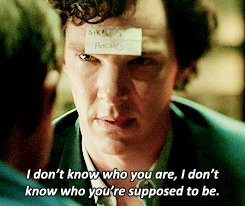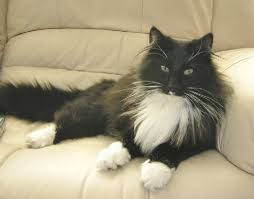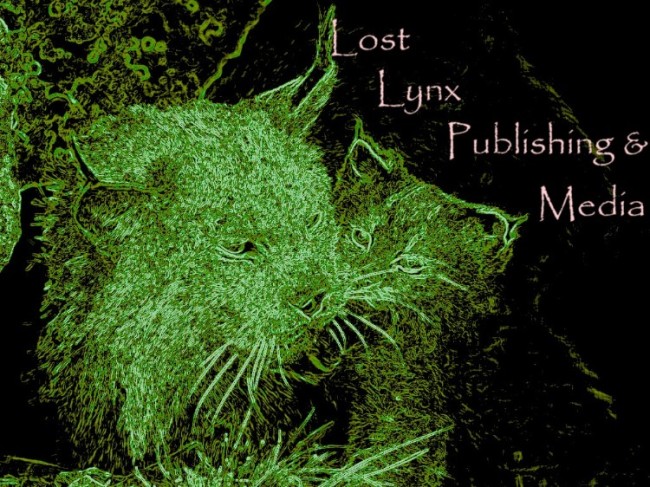 Firstly, sorry for the lack of updates. September /October have been (and always are in Melbourne) crazy times. There was the AFL grand final, the NFL Grand Final, School Holiday’s, The Royal Melbourne Show (side note when the heck did this become so expensive I swear I’ll be paying off the c/card bill until next year!), a sick dog, a kid’s birthday party, a broken arm (& I thought I’d be the parent WITHOUT the broken arm child) & a short trip to Eden, and to my non-Aussie readers, ther is a place on the NSW coast called EDEN, (mummy & daddy time)
Firstly, sorry for the lack of updates. September /October have been (and always are in Melbourne) crazy times. There was the AFL grand final, the NFL Grand Final, School Holiday’s, The Royal Melbourne Show (side note when the heck did this become so expensive I swear I’ll be paying off the c/card bill until next year!), a sick dog, a kid’s birthday party, a broken arm (& I thought I’d be the parent WITHOUT the broken arm child) & a short trip to Eden, and to my non-Aussie readers, ther is a place on the NSW coast called EDEN, (mummy & daddy time)
Phew! OK, now back to the topic at hand.
As I have mentioned previously, I offer editing services as well as running this blog and every so often I see a “trend” come through. Sometimes it’s a good trend, as is the case with mixed genre/themes and loads of great (and well written/thought out) diversity. Other times its not to great.
Today I want to start with the NOT SO GREAT.
OK, I’ve been open about my dislike of prologues and not everyone agrees with me. Even so, I happily admit that some stories and some genres do benefit from a short prologue. The ACTIVE word here is SHORT. If your prologue is longer than five hundred words then it’s any of the below:
(i) It’s actually Chapter one.
(ii) It’s an excuse to info-dump your entire back-story
(iii) It’s a lady-writers way of “getting on with it” and no one is fooled.
(iv) Your manuscript is not ready and needs more editing/BETA reading and reviewing
(v) It’s many or all of the above
 Back Story in Chapter one (& two)
Back Story in Chapter one (& two)
Let’s make a few things clear, no one, let me repeat this NO ONE expects to know all your characters the instant they start reading. Starting a new novel is like a starting a new relationship or friendship. When you first meet someone you neither want their entire life story nor do you want to be dragging information out of them. If you are forced into either extreme, it is very likely you will not want to engage with this person and likely hope to never see/speak to them again. Long-winded people, dull people, utterly self-absorbed people interest no one but themselves. This is the ideal analogy for a novel. If you’re writing your novel just for yourself, go ahead, indulge as much as you like. However if your intent is to engage other readers (beyond your immediate circle) then remember too much is as bad as too little.
The reader doesn’t want to be swamped with information over load but neither do they want to be scratching their heads wonder, “Hang on, who is that guy again?”
If you want to find that happy place look first to your favourite authors and re-read their first five chapters. Look also to NOT writing a war & peace epic of a chapter one. There’s a good reason for this. LET THE READER CATCH UP. Giving the reader a chance to take in your first chapter and the characters within is a winning formula and while there are exceptions to this, on the whole, short, sharp equals engaging.
Chapter one is not the place to dump everything into the readers lap. It’s a place to set the theme, the scene, the tempo, the language, the main character, the location, a secondary character and that’s MORE THAN ENOUGH.
Again, of course there are exceptions, and the truly skilled/talented can get away with almost anything but for most of us, we need to work within parameters. Look at it this way, if chapter one goes on and on and on and your reader ONLY has time to read chapter one because it is so long (during a lunch break for example), by the time they return to the novel, they may well have forgotten a lot of the information you invested within it. Now the reader has a choice to make.
(i) Re-read Chapter one and waste another lunch break covering what you already read
(ii) Keep going with Chapter two & hope you can work out what you missed as you move along
(iii) Just give up
Which one seems most likely? Yep, that’s what I thought also.
Let me say from the get-go I don’t mind a bit of exposition, but then again I also like literary fiction; and not all readers do. Some agents and publishers as well as readers literally roll their eyes at paragraph after paragraph of exposition.
So what is EXPOSITION? It is a kind of info dump but it’s not limited to back story or world building , basically it’s everything
Exposition is a bit of all of the below:
· Back Story Info Dump
· World Building Info Dump
· Setting Info Dump
· Descriptive Info Dump
· Etc.
Let me state ALL of the above, back story, world building, setting, description (etc.) are VITAL and various genre’s allow for differing levels of exposition. However, there is such a thing as TOO MUCH. Let’s put it this way. Say you like your coffee with two sugars. Now, it you’re given a coffee with one sugar or three sugars, it might be a little bitter or a little too sweet, but remains palatable. However, if you are served a coffee with NO sugar or FOUR sugars you’ll struggle to drink it. Hell you’ll ask for another, your money back, or smile politely but not drink the coffee. That’s exposition for you. Too little and you don’t really know “Who’s on first” too much and you find yourself smiling politely, closing the book (or kindle) and not going back for more.
Too much Exposition kills drama.
Too much back story kills the story’s movement.
Too long a prologue kills interest to even begin.
So where to go from here?
Yes I make my living from offering editing services but editors, even the best editor in the world cannot fix everything. Before you hire an editor, get yourself a TEAM of CP partners & BETA readers, but they need to be honest.
Then accept that they MIGHT have a point. You don’t have to agree but you have to acknowledge that they have taken the time to make comments and give feedback. They have read your manuscript and offered honest critique. Acknowledge it for the gift it is.
Then be brave enough to slash pages and kill darlings.
Then do it all over again.
Then get yourself someone like me, after several BETA readers and re-writes, not before. Aside from having a product I’m keen to read because I’m not faced with page after page of the author droning on about nonsensical overindulgence, you’ll also save money – Hell! You may not even need me if you get yourself a crack Team of BETAS!
I don’t like ending on any form of negative. I don’t like writing a negatively swayed blog post. Therefore I’ll finish with this. You have taken the time, invested your soul, a little of your heart, fallen in lust and/or love with your characters. The cost has been time spent with family, friends and restless nights trying to figure out exactly how to best describe and present your characters. You’ve DONE the HARD WORK, now let the BETAS do there bit and indulge in a little self-gratification for having achieved so much already. Red-Pen Markings on your loving & loved up manuscript are not fun, but trust me, the pain is lessened when you don’t also have to invest buckets of cash as well — or worse when an editor says “This is not ready for the final edit stage” & be honest; you kind of knew that already; you were just having a day-dream-moment, and that’s OK too, but don’t forget to wake up 🙂






















































